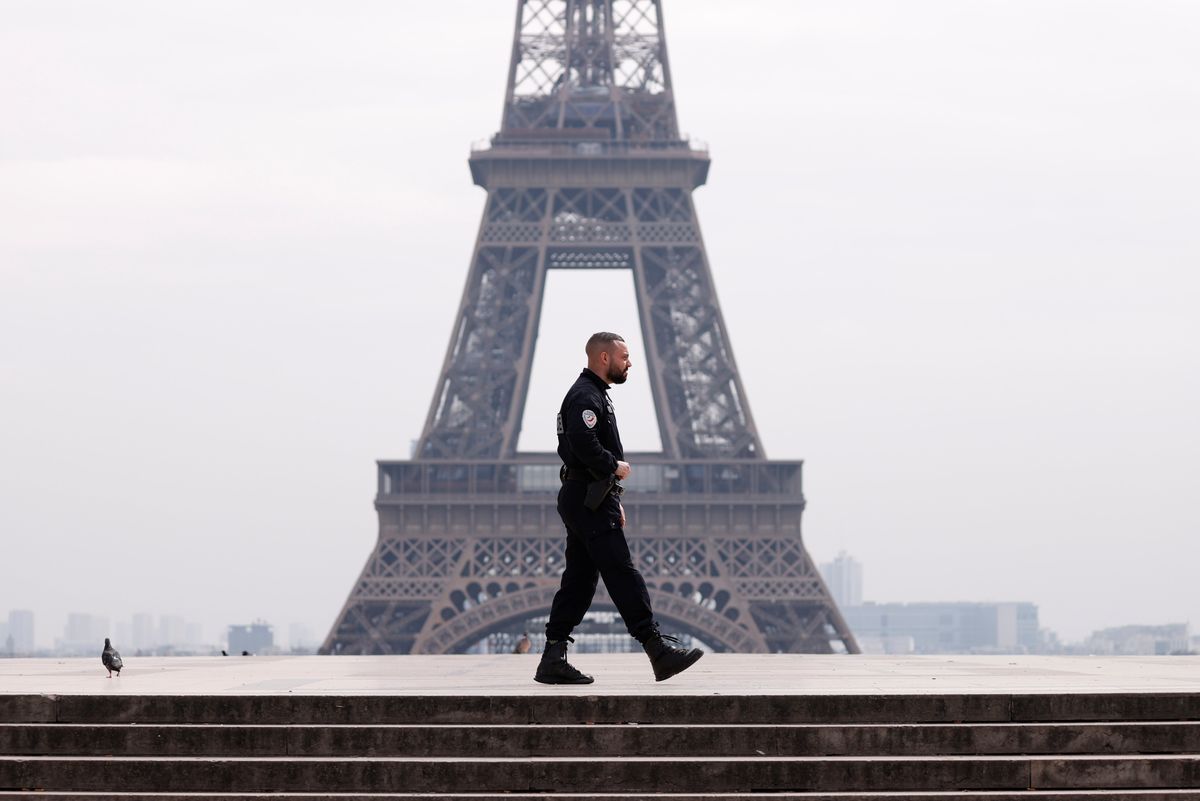Read our roundup of COVID-19 themes and stories from around the globe.
Prisoners' dilemma: The coronavirus can't wait to go to jail, where large numbers of people are crammed together in close and often unsanitary quarters with limited healthcare options. And when jails get sick, so do the towns and cities around them. So what's to be done? Iran, one of the countries hardest hit by COVID-19, has tried simply opening the gates: it has now temporarily released some 85,000 inmates including, interestingly, some political prisoners. Elsewhere, convicts are taking the initiative themselves: jailbirds in Brazil, angry about new coronavirus-related restrictions on their furloughs and visiting hours, recently busted out of prison on their own. "Come back Monday!" shouts an observer who filmed their escape here. No one is sure what will happen in the US, which has the highest incarceration rate of any country on earth, but concerns are acute. Some local jails have already begun releasing people awaiting trial in order to decrease the prison population. Meanwhile New York State has put prisoners to work making hand sanitizer.
Borders closing: Since we hit publish on Signal just 24-hours ago, several more countries have closed their borders to non-citizens and are restricting movement for all but the most essential services. In Europe, the new epicentre of the pandemic, according to the World Health Organization, half of the 26 member countries have plans to shut their frontiers soon. The closures are a startling development, bringing an end (for the foreseeable future, at least) to Europe's visa-free Schengen zone, which allows more than 400 million people to move freely without border checks. Beyond Europe, Australia, New Zealand, Canada, Israel, and Russia have closed their borders or enforced strict border control measures. It's easy to close borders in a crisis, but when, and under what conditions, they open again will become as much a political question as an epidemiological one.
China steps into the breach: China's early failure to deal transparently with the coronavirus outbreak in Wuhan is well known, but in recent weeks Beijing has become an important partner for countries in the West that are now grappling with the pandemic – all while reaping some easy public diplomacy wins. Last week, a Chinese aircraft flew doctors and medical supplies to Italy, the worst hit country outside of China. The Czech Republic has sent a plane to China to ferry home 100,000 rapid test kits. Chinese billionaire Jack Ma, who is close to China's leadership, donated 500,000 test kits and 1 million masks to the US. The president of Serbia, meanwhile, has declared the EU a "fairy tale" and appealed to China for help in fighting the disease (Serbia is still in the waiting room for EU membership so Belgrade is unhappy with Brussels to begin with.) Broadly, Western governments and doctors alike are increasingly looking to China for best practices and help in squelching the disease. Who, exactly, was the "world's only superpower" again?


















